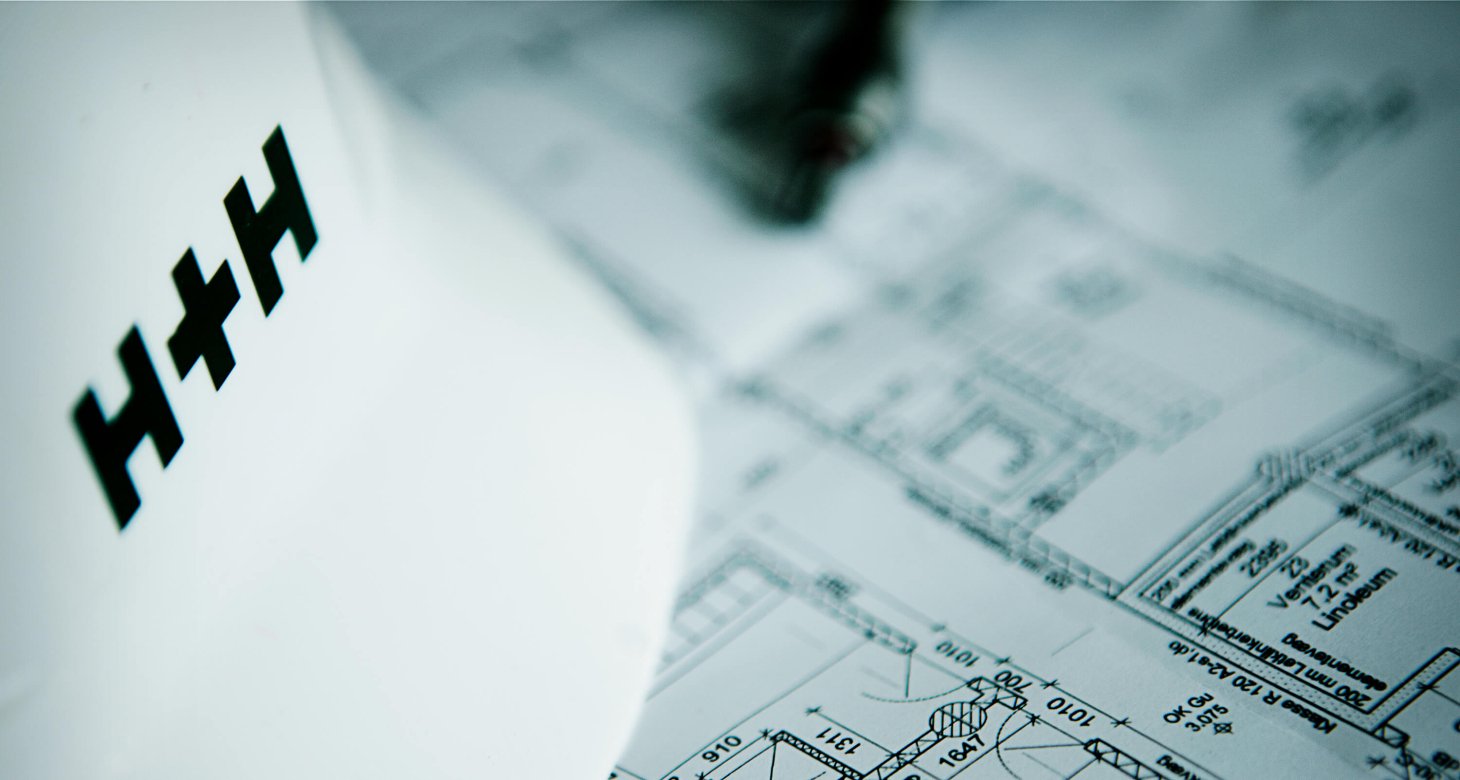
It was originally billed as “consequential improvements”, part of the consultation document on revisions to Part L. Then someone labelled it The Conservatory Tax, discussed it with the national media and suddenly it’s a very public embarrassment for the Government, with the Prime Minister hastily distancing himself from the whole idea.
And a good job too. In my view introducing this tax now, at this point in the economic cycle would simply kill off any enthusiasm for extensions and home improvements – one of the few areas of activity for the building industry.
But what is all the fuss about? The original suggestion for consequential improvements was broadly welcomed by most of the industry. The argument went: we need to improve the energy efficiency of the housing stock, so why not compel people who are already committed to spending money on their house to do something positive to improve the building – paid for by Green Deal.
I can see the logic of that argument, and, within the confines of an industry that is supportive of Green Deal and is seriously concerned about our failure to meet carbon reduction targets, it makes sense.
However, it was never going to work as a message to householders. With a large proportion of all current building work taking the form of extensions, it was (and remains) my view that any measure seen to be adding cost to building work would simply cause improvement projects to be delayed or in the worst case cancelled. This would be a disaster for builders, merchants and manufacturers.
The previous government understood this and twice rejected the idea of a similar scheme because it knew that it would be extremely unpopular with the aspirational middle class homeowners – precisely the group that any government needs to encourage in order to stay in power.
So why did the Government think it would make sense this time? The answer lies in the Green Deal. This time around, the idea was that the homeowner would be able to fund the consequential improvements through the Green Deal funding, with no up-front cost to themselves.
This is simply an impossible message to get across right now. Even to those of us who have been following the development of Green Deal since the start, the detail of how the funding will work is still unclear. Let alone the most recent announcements suggesting that the implementation of the scheme may be delayed.
From my perspective, the time to consider a consequential improvement measure is once Green Deal is a familiar concept to homeowners and accessing funding is straightforward.
Some may question whether the whole Green Deal can survive without the work that the consequential improvement edict would have brought, but I think this misses the point. Green Deal should be seen as a catalyst for us to change our behaviour and de-carbonise the economy. If the Green deal is successful and encourages people who do not have the upfront funds to invest in de-carbonising then it should also stimulate those people who do have access to finance to go ahead and make their own energy saving investment, retaining all of the saving themselves, because it offers a good investment return
We need to get to the situation where not improving the energy efficiency of your home is perceived to the socially unacceptable as well as being economically bad for your wallet.
I suggest we need to rethink how the whole energy efficiency message is being communicated and to start looking at the issue from the perspective of the householder – to whom the message “costs more money” is never going to be popular.
U-Turns are never good for a Government’s credibility, but this is one U-Turn that we should receive with a huge sigh of relief.